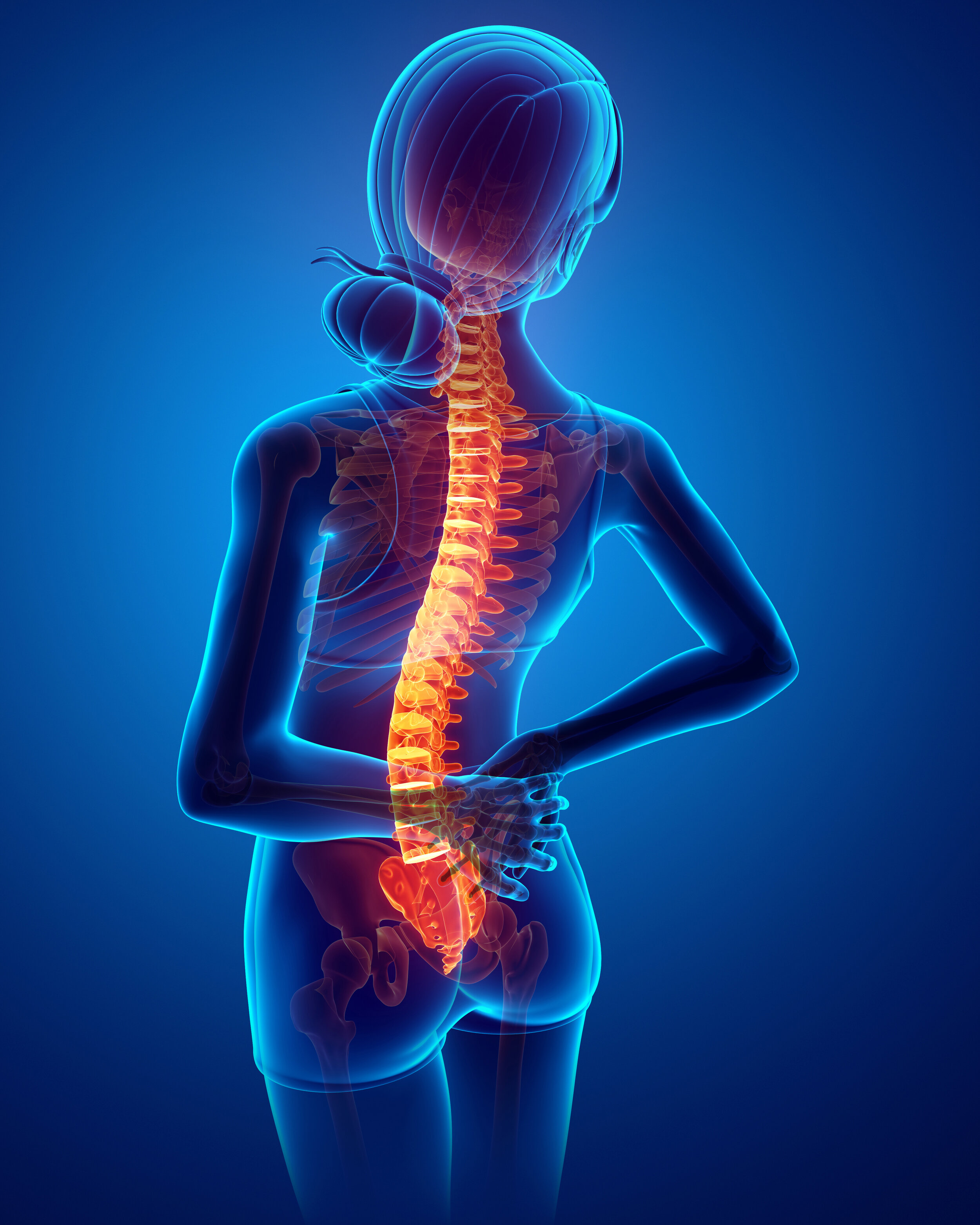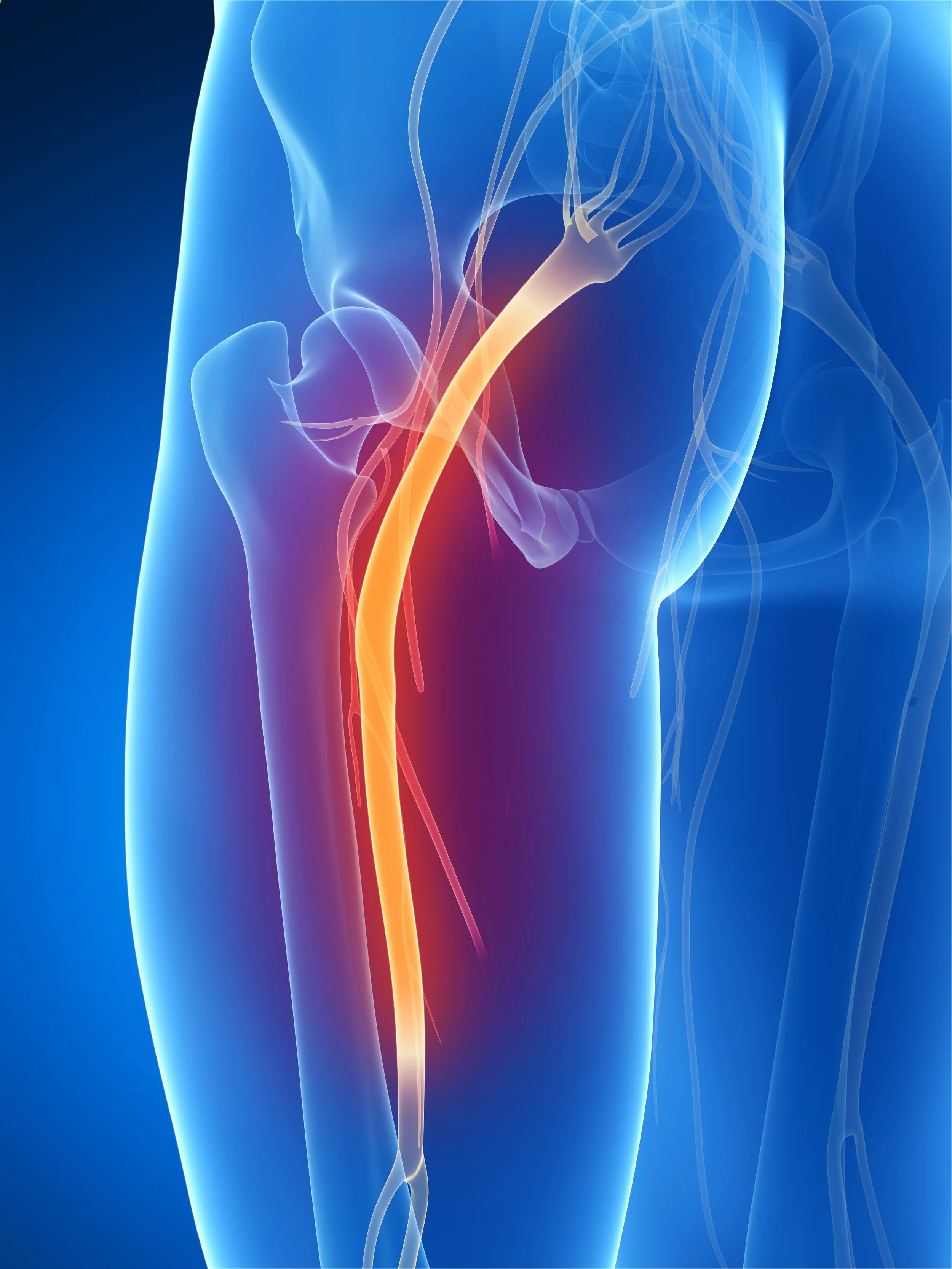Probably THE most common question people ask me is “Why does it hurt?”. Although incredibly hard to answer without examining you, I will try my best to talk you through the clues I look for and what they mean.
But first, lower back pain is really really common! 80% of us will get lower back pain at some point in our life, but most cases are not serious and will get better on their own with very little help (and a touch of patience).
Onwards…….This article will walk you through the questions I usually ask people and what that tells me about what’s causing their pain.
Where does it hurt the most?
Off to one side or central, higher up the spine or lower down near the buttocks? Pain could also be down the leg but more on that later.
Pain to one side usually means a problem in the muscles, ligaments, or joints of the spine, such as muscle strain, ligament sprain (tissues that join one bone to another, helping to form joints) or facet joint injury.
Whereas pain felt centrally can indicate a problem in the spine itself such as degenerative disc disease (DDD), osteoarthritis (spondyloarthritis) or spondylolisthesis.
Pain lower down can mean a problem in the large joints that join the spine to the pelvis namely Sacroiliac Joint Dysfunction, whilst pain higher up towards the ribs can indicate a kidney infection.
How did the pain start?
Was it suddenly or gradually, is it getting worse or better? All these give us clues about the problem.
Sudden pain after bending or twisting (even without lifting any weight) is usually due to an injury of the muscles or ligaments supporting your lower back; a muscles strain/spasm or ligament sprain. Though sudden pain can also be caused by disc herniation (slipped disc) or compression fracture possibly as a complication of osteoporosis.
Gradual pain that starts for no apparent reason is more likely to be arthritis, or degenerative disc disease, or spinal stenosis (a narrowing of the spinal canal that can squeeze the nerves).
Regressive pain (getting better) is usually soft tissue injury (muscles, ligaments and discs), whilst progressive pain (getting worse) indicates degenerative conditions such as arthritis, spinal stenosis or seronegative spondyloarthropathies (a group of inflammatory conditions that can affect the spine).
What does the pain feel like?
Is it sharp or dull, specific or vague, shooting or pulsing? Descriptions of the pain can be incredibly useful in determining the cause.
Sharp sudden pain is often due to an injured ligament or muscle but could also mean a nerve is being trapped by disc herniation or spondylosis.
Aching dull pain is usually a sign of a degenerative condition including spondylosis or degenerative disc disease.
Pulses or waves of pain could indicate the possibility of Abdominal Aortic Aneurysm or kidney stones and would definitely need further investigation.
Does the pain go anywhere else?
For example, it could shoot down your leg all the way to your foot, or just ache down to the top of the thigh.
Pain that extends down to the foot or lower leg is almost always due to irritation of a nerve, either following disc herniation, spondylolisthesis or spondylosis. Though nerves can also be irritated by muscular spasms and inflammation following soft tissue injury.
Pain that remains local or doesn’t go further than your bottom is usually due to mechanical problems in the muscle, ligament, or joint.
Since the pain started, have you experienced any change in bowel or bladder habits?
This question is SO IMPORTANT! It is hard to overstate its importance. There is a condition called Cauda Equina Syndrome when the nerves in your back are suddenly severely compressed, often by a disc herniation or spondylolisthesis. This can be lifechanging, so it’s a medical emergency. If the answer to this question is yes, head straight to A&E with no delay!
Is the pain constant or intermittent? Is there a pattern?
Pain could come and go with certain movements or be completely absent in some positions. It’s could also disturb your sleep or not allow sleep at all.
Pain that feels better in some positions but not in others is almost always mechanical injury to muscles, ligaments or joints. It could hurt more when you sit down but be better when you move around, or vice versa, but in both cases the pain is unlikely to be anything serious.
Pain that is truly unremitting (by that I mean it doesn’t change and you can never find an easier position) could be something more serious conditions such as spinal infection or cancer, both of which are incredibly rare.
What movements aggravate your pain?
When we bend forwards we stretch muscles, ligaments, and discs in our back. If pain gets worse when we bend forwards it’s likely to be an injury to these structures. When we bend backwards the muscles and ligaments are slackened but the joints take the load, so if pain gets worse with a backward bend, it is more likely pain from the spinal joints.
Worrying signs
Signs that something more serious could be the cause and warrant visiting your GP at least or the emergency department in some cases
Change in bowel or bladder habits since the back pain started (Cauda Eqina Syndrome)
Numbness around your genitals (Cauda Equina Syndrome)
Significant trauma (Fracture)
Unremitting pain that does not change with any movements or positions (Tumor)
Sudden weight loss with back pain (Tumor)
Pain that prevents sleep (Tumor)
Fever with back pain (Osteomyelitis, Discitis, Kidney Stones)
Scans
Many people think scans are the answer but unfortunately, they provide very little decent information other than to exclude serious causes.
MRIs are only 20% accurate when identifying causes of back pain. Often ‘problems’ reported on MRI were always there and are not the actual cause or pain. When looking at MRI reports of people with no pain at all (asymptomatic) up to half of 40 year olds had disc bulges. If these people suddenly experience back pain and have an MRI, disc bulge would be named the culprit when in fact it was there all the time.
Essentially answering questions about your back pain is far more accurate than any scans.
Disclaimer
As with any injury, each person’s symptoms can vary widely, as can their recovery. It is impossible to give an accurate diagnosis without a thorough physical examination. If you are at all concerned about your back pain, please do seek professional advice, a service available at Outline Health Osteopathy for a standard charge.





